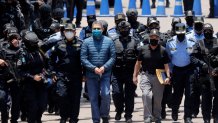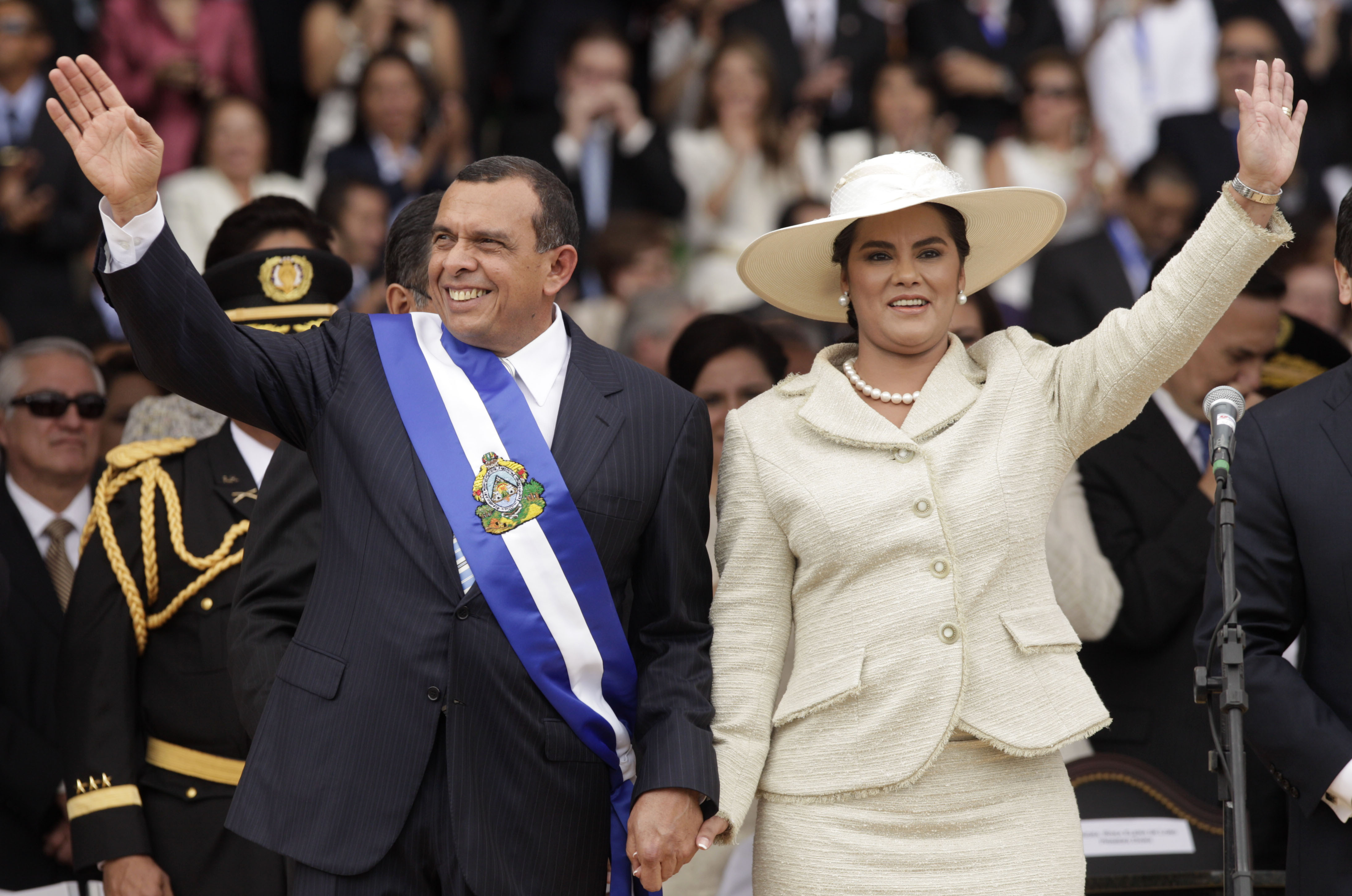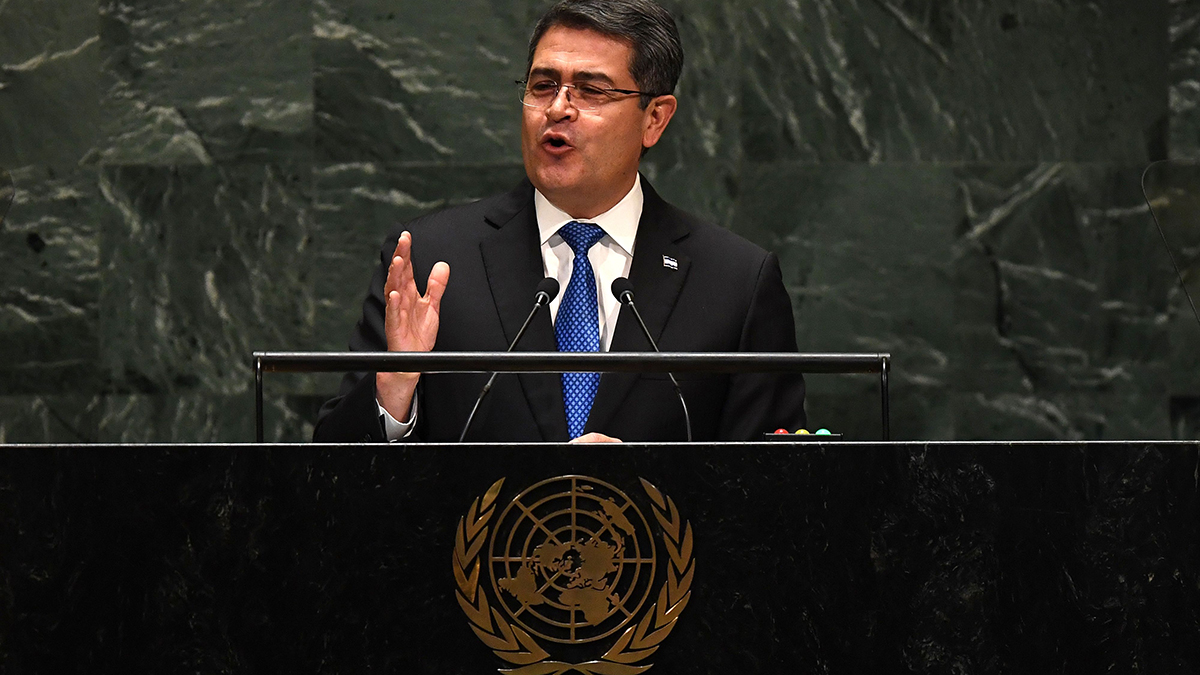Juan Orlando Hernandez, who was president of Honduras for eight years, arrived at an airport north of New York City in handcuffs Thursday as he was extradited to face charges in a sweeping narcotics and federal drug trafficking investigation.
Hernandez, who has strongly denied any wrongdoing, was escorted under heavy guard by Drug Enforcement Administration agents to an SUV waiting to take him to Brooklyn's Metropolitan Detention Center ahead of his initial court appearance.
That appearance in New York's Southern District is expected at some point Friday.
Get Tri-state area news delivered to your inbox.> Sign up for NBC New York's News Headlines newsletter.
The extraordinary sight of a former head of state in handcuffs, escorted onto a waiting U.S. government plane by agents of the DEA, followed the arrest of Hernandez in February at his home in Tegucigalpa.
It was less than a month after he stepped down from office.
Now he's in New York to face charges.
U.S. Attorney General Merrick Garland said Hernandez “abused his position as President of Honduras from 2014 through 2022 to operate the country as a narco-state.”
(For more in Spanish from Honduran newspaper Diario La Prensa on Hernandez's arrest, click here)
The charges said he received millions of dollars for shielding the drug traffickers from arrest and for facilitating their shipments.
U.S. Attorney Damian Williams said that Hernandez "partnered with some of the world’s most prolific narcotics traffickers to build a corrupt and brutally violent empire" that trafficked hundreds of thousands of kilograms of cocaine to the U.S.
One of those alleged partners was the notorious El Chapo, the former leader of the Sinaloa Cartel now in prison in the U.S. Prosecutors said that as Hernandez was campaigning for president in 2013, he accepted a $1 million bribe from El Chapo, as he promised the drug lord would be able to continue operating in Honduras.
"Hernandez is alleged to have used his vast political powers to protect and assist drug traffickers and cartel leaders by alerting them to possible interdictions, and sanctioning heavily-armed violence to support their drug trade," Williams said.
In another meeting he held with a violent and large-scale Honduran cocaine trafficker, Hernandez took bribes to ensure drug trafficking could continue and to provide protection. The then-president even recommended the drug lord partner with another trafficker so that they all could "stuff the drugs right up the noses of the gringos," according to prosecutors.
A Honduran judge ruled last month that he could be extradited to the U.S.

Hernandez faces cocaine trafficking and weapons charges, which could land him in prison for life, if convicted.
DEA Administrator Anne Milgram called Hernandez "a central figure in one of the largest and most violent cocaine-trafficking conspiracies in the world." Milgram went on to say that he "used drug-trafficking proceeds to finance his political ascent and, once elected President, leveraged the Government of Honduras’ law enforcement, military, and financial resources to further his drug-trafficking scheme."
His brother, Juan Antonio Hernandez, was sentenced in New York last year to life in prison upon conviction for drug trafficking and weapons violations. During that trial, prosecutors said President Hernandez agreed to use his country's military forces to provide security for drug traffickers.
In a video statement posted on social media, Hernandez said he is innocent and that he had been set up by drug traffickers. The former president said on social media this year that the U.S. charges were based on the claims of "drug traffickers and confessed assassins who were extradited by my government."
The extradition of Hernandez to the U.S. marked one of the few times a former head of state was brought here to face charges. In 1990, Panamanian dictator Manuel Noriega was arrested on drug trafficking charges during a US military operation. He was convicted in federal court in Miami.



